Given the quality of air around us and the atmosphere these days, you must have heard about air purifiers and humidifiers. Both of them aid in improving the air quality inside your house. But, they are not similar. They have different usages and benefits. While one cleans the air, the other increases the humidity. Besides this basic difference, there are many others. It is necessary to know the differences to understand which one you need inside your house. So, let us look at the differences between air purifiers and humidifiers to understand them better.
What is an air purifier?
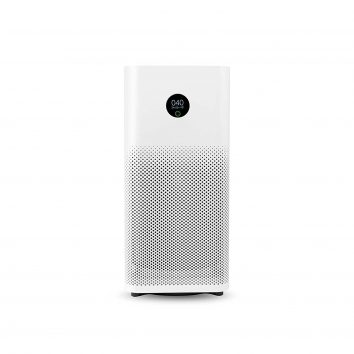
An air purifier, also known as an air cleaner, is an appliance that helps in capturing the pollutants present in the indoor air and keeping it clean for you to breathe. They trap dust, dirt, viruses, bacteria, smoke, pet dander, pollen, mold spores, and other types of pollutants from the air. Air purifiers are especially beneficial for people who are suffering from asthma and/or allergies. There are four types of air purifiers based on the filtration methods namely, HEPA filtration, Ultraviolet (UV) lights, Carbon filtration, and Negative Ionization. Air purifiers can be portable or a central system to clean the air in the entire house.
Some of the best-recommended air purifiers for you:
- Coway Professional Air Purifier for Home
- Philips AC1215/20 Air purifier
- Mi Air Purifier 3 with True HEPA Filter
- Coway Airmega AP-1512HH(W) True HEPA Purifier
- LEVOIT Air Purifiers for Home
- Medify MA-25 Air Purifier
What is a humidifier?
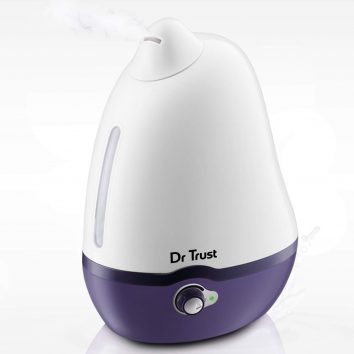
A humidifier is an appliance or device that is used to increase the level of humidity in the indoor air. They can be used for increasing humidity in a single room or the entire house. Humidity level usually falls when we create artificial heating inside our house, which also gives rise to the level of dry air inside. Humidifiers increase humidity in a place and help get rid of the dry air and issues related to it. Low humidity can cause many health issues such as respiratory distress, damage to household items, and static electricity problems. The three types of humidifiers commonly used are cool mist, warm mist, and ultrasonic humidifiers.
Following are bestselling humidifiers recommendations for you:
- AquaOasis™ Cool Mist Humidifier
- LEVOIT Humidifiers for Bedroom Large Room
- Everlasting Comfort Cool Mist Humidifier
- raydrop Cool Mist Humidifiers
- Allin Exporters Ultrasonic Cool Mist Humidifier
- Dr Trust Luxury Cool Mist Dolphin Humidifier
Differences between air purifiers and humidifiers
When it comes to discussing the difference between air purifiers and humidifiers, it is important to find the grounds for the differences first. Some of the basic points of difference include their purpose, way of working, etc. Let us have a look at the differences between air purifiers and humidifiers in the table below for a better understanding.
| Criteria | Air Purifiers | Humidifiers |
| Purpose | Air purifiers capture the pollutants like dust, mold, pollen, etc. present in the indoor air, with the help of its filter. | Humidifiers are used to get increased humidity in the air to get rid of dry air. |
| Removes | It removes dirt, dust, pollen, pet dander, smoke, mold spores, bacteria, viruses, VOCs, and other allergens. | It removes dry air from inside a room or house. |
| Benefits | It is beneficial for people suffering from allergies and/or asthma. It’s also good for people who just want clean air to breathe. | It is beneficial for people with asthma and respiratory tract irritation issues caused by dry air. |
| Humidity levels | Don’t help with humidity levels. | Increases the humidity level of the space in which it is used. |
Which is better: air purifier or humidifier?
When the question arises as to which one is better for you between air purifiers and humidifiers, the answer depends on what you need. Both the appliances have different purposes and benefits, as mentioned in the table above.
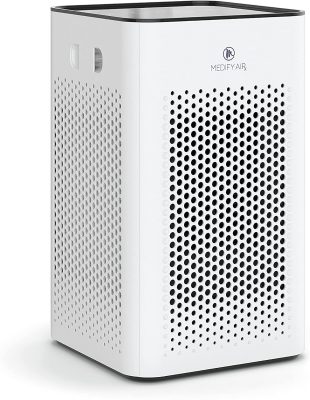
If you live in an area with a high air pollution level and want clean air inside your home, an air purifier is the best solution for that. Also, if you have allergies and respiratory issues that are caused by pollutants, you need to have an air purifier inside your home. However, while choosing the right air purifier for your home, remember to check all the must-have features for an air purifier.
In case you live in an area with desert-like conditions i.e., low humidity and increased dry air level, go for a humidifier. Humidifiers will help in maintaining the right humidity level inside your home. Humidifiers are also beneficial for people who suffer from sinus issues, nosebleeds, and respiratory issues caused by dry air. If you face dry skin, eyes, or hair issues during winter due to dry air, humidifiers will help relieve the issue.
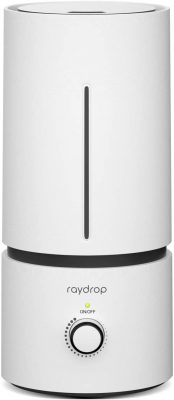
So, whether you need an air purifier or a humidifier, completely depends on your and your family’s needs and the air around you. Consider the issues and their causes carefully before deciding which appliance is best for you.
Conclusion
Air purifiers and humidifiers both help you with the air inside your home in their way. Both have their benefits and functionalities. Choose the best option for you while keeping your requirements in mind. The differences between air purifiers and humidifiers discussed here will help you in getting a better picture of both appliances. However, whichever appliance you choose, make sure to check the best options among them and also check the best way to use them. Using the appliance in the right way is as important as getting the right appliance. Proper usage and maintenance of the air purifiers and humidifiers both will aid in increasing their benefits and lifespan in the long run.
Loading recommendations...

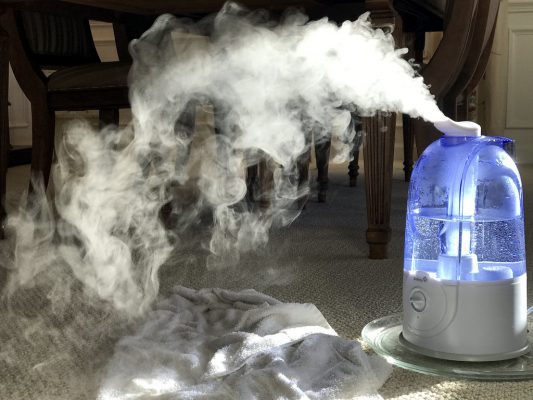
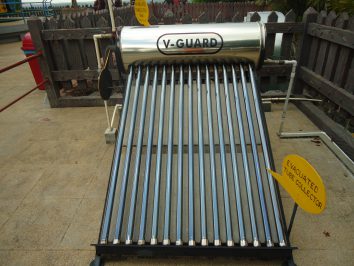
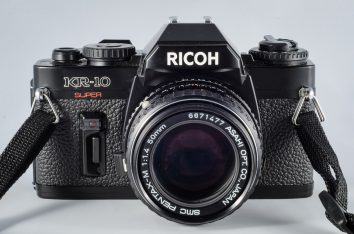
As a leading provider of cannabis products, we’re dedicated to enhancing your well-being. pure sauce disposable
Thank you for sharing this helpful information. Your website has been bookmarked, and I’ll be back. football legends
You must have heard about How To Prepare Oysters: 5 Ways To Serve Oysters
air purifiers and humidifiers. Both of them aid in improving the air quality inside your house. But, they are not similar.
Good informative post.